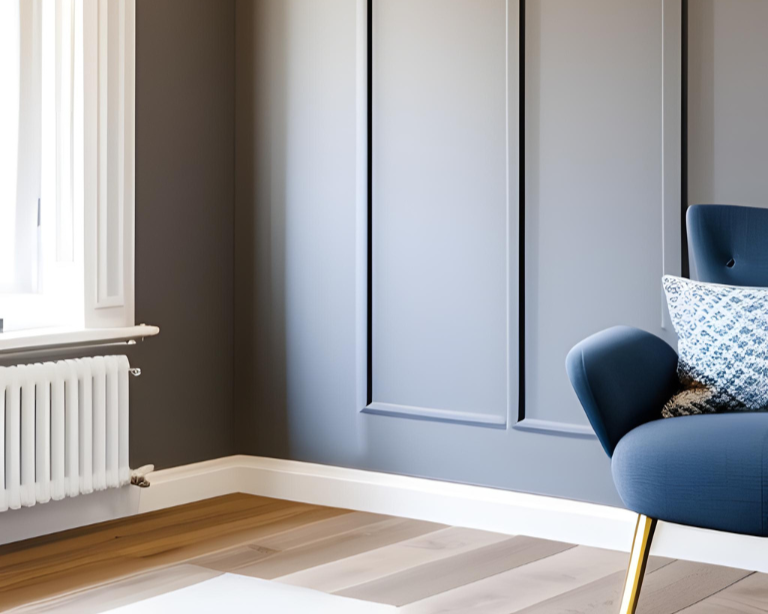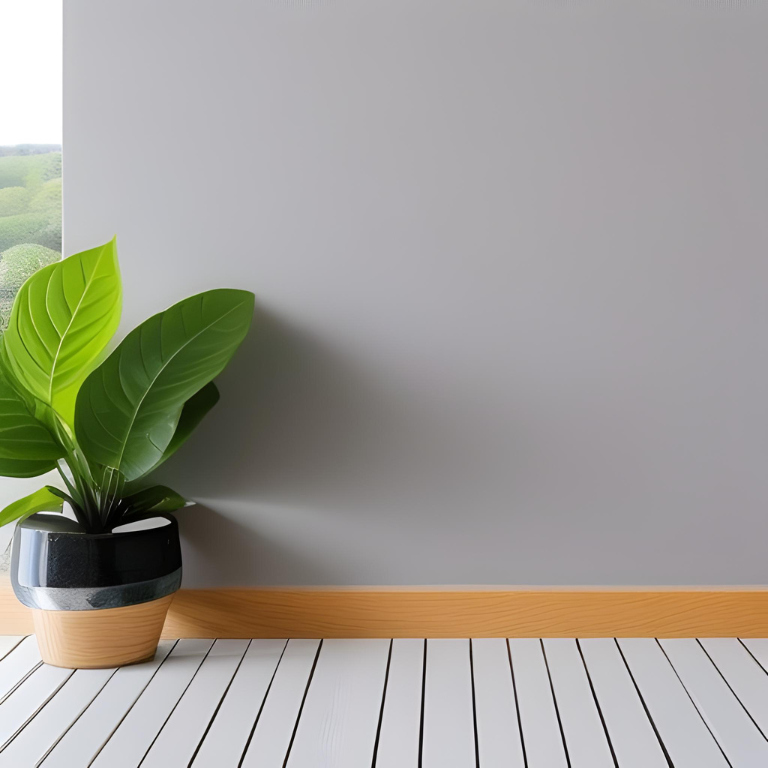Frequently Asked Questions - Skirting Boards

Q1: Are There Alternatives to Skirting Boards?
A1: Yes and no. While traditional skirting boards remain the standard, Shadow Gaping offers a sleek, minimalist alternative by creating a clean line where walls and floors meet. However, it’s a complex and costly technique, making it less accessible to most homeowners.
Q2: How Do I Choose a Skirting Board Height?
A2: A general rule is to use skirting boards about 1/18th of your ceiling height. Standard sizes range from 44 mm to 194 mm, with 119 mm being the most common. Keep your room’s proportions in mind for the best fit.
Q3: Should Skirting Boards and Architraves Match?
A3: For a cohesive look, it’s best to match both style and thickness. While mixing styles is possible, consistency in design often enhances a room’s aesthetic.

Q4: How Do I Clean Skirting Boards?
A4: The ease of cleaning depends on the profile detail. Incorporate regular maintenance into your routine, using the right cleaning products and techniques to avoid accidental damage during vacuuming.
Q5: What About Painting Skirting Boards?
A5: If painting isn’t your thing, consider pre-finished options like KOTA polymer-coated or fully finished white skirting boards for convenience.
Q6: How Do I Fit Skirting Boards?
A6: You don’t need to use the same profile throughout your home. High-traffic areas like kitchens may benefit from durable, easy-to-clean designs like Chamfered and Rounded Edge, while dining rooms and bedrooms can showcase more refined styles.

Q7: What Are Architraves and Why Are They Important?
A7: Architraves are decorative mouldings around doors and windows that provide a polished look and cover imperfections where frames meet walls. They also protect door frames from bumps and knocks, making them both functional and stylish.
Q8: What Is the Difference Between Door Frames and Architraves?
A8: Door frames are structural, supporting the door, while architraves are the decorative mouldings surrounding the frame. Architraves complete the room’s look once the structural elements are in place.
Q9: Should Architraves Be Thicker Than Skirting Boards?
A9: No. Matching the thickness of skirting boards and architraves ensures a smooth, harmonious finish. If mismatched, you can use plinth blocks or adjust the thicker moulding to fix the look.
Q10: Should There Be a Gap Under Skirting Boards?
A10: Yes, skirting boards typically require a small gap underneath to allow for natural movement in the flooring. However, when installed over carpet, skirting can be fitted directly to the floor without leaving a gap.


